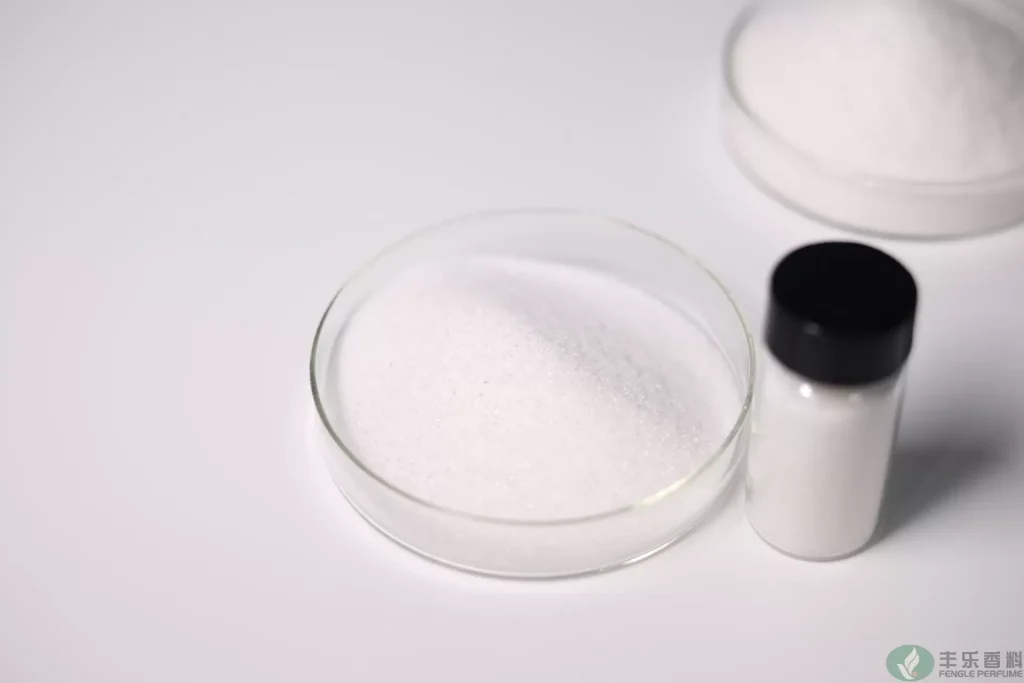
NEWS
Five functions of coolant, which one do you know?
2023-08-22
Coolant is in every aspect of our life, but do you know what its function is and what are its uses? The following is what the editor has sorted out for you. After reading it, if you have any questions about the content, please consult the editor for answers.

Coolant Benefits:
Temperature Control: Coolants can effectively reduce the temperature of an object or system, helping to maintain the normal operating temperature range of equipment and machinery. By controlling temperature, you can increase efficiency, extend service life, and avoid failure or damage due to overheating.
Heat dissipation performance: The coolant has good heat conduction performance, which can quickly absorb and transfer heat and carry it away. This helps maintain a stable temperature in the device or system, preventing overheating and heat build-up, thereby maintaining proper operating conditions.
Anti-corrosion and anti-oxidation: Certain coolants have anti-corrosion and anti-oxidation properties that can reduce or prevent corrosion and oxidation reactions when they come into contact with metal parts. This helps protect equipment and piping from corrosion and damage, extending their life.
System efficiency improvement: Through the use of coolant, energy efficiency and system work efficiency can be improved. Coolants help equipment dissipate heat quickly, reduce energy consumption, and keep equipment at peak performance.
Antifreeze protection: Some coolants have good antifreeze performance and can still maintain a liquid state in low temperature environments to avoid freezing and damage to the cooling system. This is especially important for applications such as outdoor equipment and automobiles that are used in cold regions.
Environmentally Friendly: Many modern coolants have been designed and selected for environmental standards to reduce negative impact on the environment. For example, refrigerants replacing Freon are widely used to reduce damage to the ozone layer and the greenhouse effect.
Increased safety at work: By controlling and regulating temperature, coolants can reduce safety risks that may arise from overheating equipment, such as fires, explosions, etc. They also reduce the risk of heat and burns for operators, providing a safer work environment.
1. Air conditioning and refrigeration: Coolants are widely used in air conditioning systems and refrigeration equipment to reduce the temperature of a room or equipment by absorbing heat and taking it away. Common coolants such as Freon (such as R-410A) are used in household air conditioners, commercial air conditioners, refrigerators, refrigerated trucks, etc.
2. Car cooling system: The car engine cooling system uses coolant (usually a mixture of water and antifreeze) to circulate and exchange heat with the heat in the engine to keep the engine running within a suitable temperature range.
3. Heat dissipation of electronic equipment: Coolant is used for heat dissipation in electronic equipment, such as CPU radiators and fans of computers, and heat dissipation systems of other high-power electronic equipment. Coolants help maintain equipment temperatures within safe limits by absorbing and conducting heat.
4. Cooling of compressors and industrial equipment: Many industrial equipment, such as compressors, production equipment in oil refineries and chemical plants, require the use of coolants to dissipate heat and maintain temperature control. This helps to ensure the stability and efficiency of equipment operation.
5. Food processing and refrigeration: In the food processing industry, coolants are used to regulate the heat generated during processing, and are also used for temperature control in food refrigeration and storage systems to maintain the freshness and quality of food.
6. Medical equipment: Some medical equipment needs to use coolant to control its working temperature, such as magnetic resonance imaging (MRI) equipment, laser equipment and some surgical instruments.
7. Power plants and industrial processes: Turbines, boilers and steam cycle systems in power plants, as well as equipment that needs to be cooled in other industrial processes, usually use coolants to control temperature and protect equipment.
8. Metal processing: During metal cutting and welding, coolants are used to reduce the temperature of the processing area, reduce friction and wear, and help improve processing quality and efficiency.
If you are interested in our products, please contact us immediately!
Previous page:Can peppermint oil be used as a shampoo

